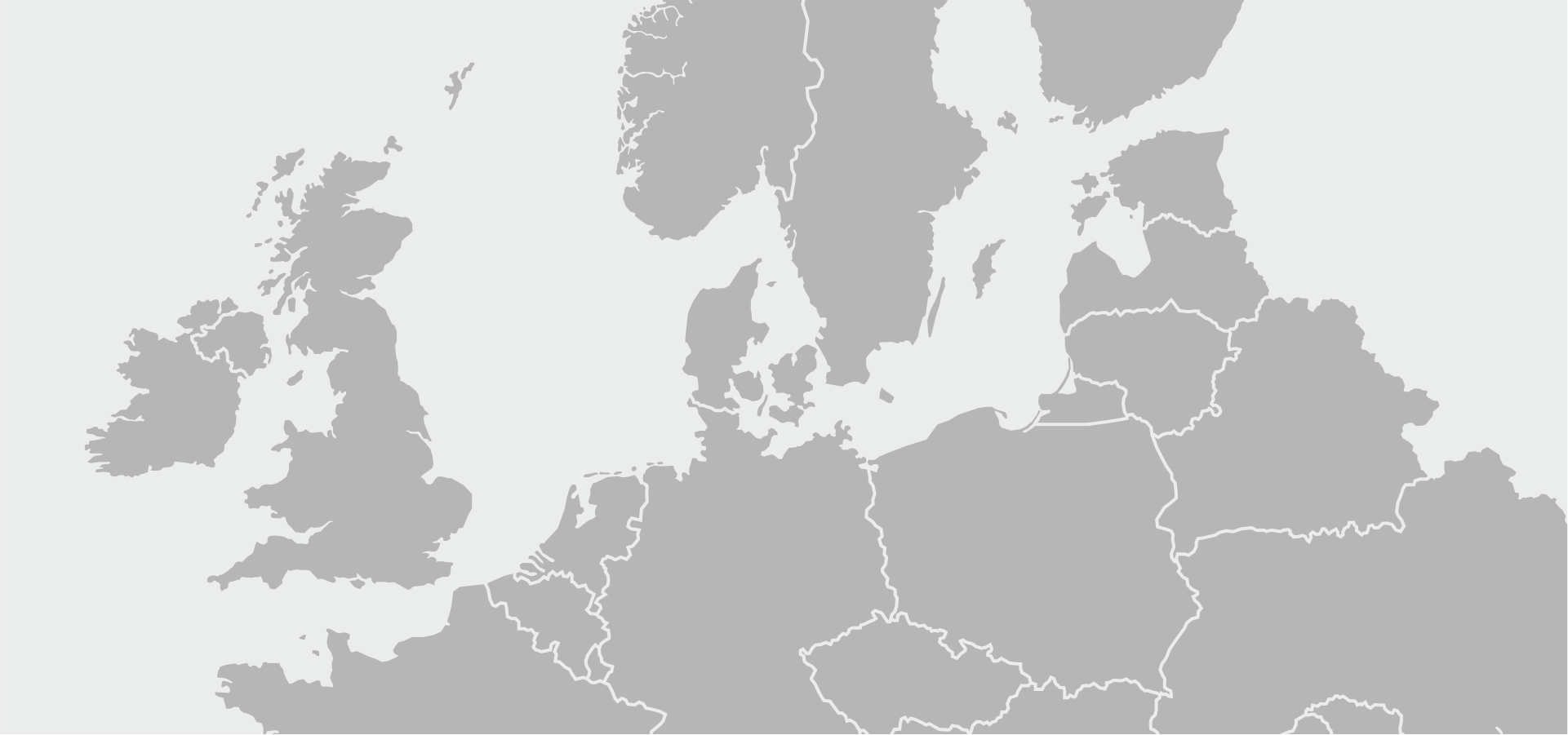Duty free – the sale of goods exempt from customs duties and taxes – is a crucial part of ship supply operations, especially on international routes. At Baltona Shipchandlers, we’ve been supporting vessels calling at Gdańsk, Gdynia, and Świnoujście for decades, delivering high-quality duty-free products in full compliance with customs and sanitary regulations.
In this article, we share our practical knowledge: what goods can be delivered duty free to ships, and which are strictly prohibited?
What can be supplied as duty free on board?
According to international regulations and port practices, a wide range of goods can legally be delivered duty free to ships – as long as all documentation and procedures are correctly followed.
1. Alcohol and tobacco for crew use
- Whisky, vodka, cognac, rum – often packed in boxes of 6 or 12 bottles
- Beer and wine (including sparkling, such as prosecco)
- Cigarettes and cigars in bulk packaging (usually tax-free, unbanded)
Important: Quantities are strictly regulated by local customs authorities and depend on the number of crew members and voyage duration.
2. Factory-sealed food and confectionery
- Chocolates, chewing gum, snacks
- Coffee, tea, soft drinks
- Long shelf-life products (e.g. canned foods, UHT milk)
3. Cosmetics and perfumes
- Branded perfumes (e.g. Chanel, Dior, Hugo Boss)
- Personal care items (shower gels, shampoos, deodorants)
- Creams, lotions, gift sets
4. Consumer electronics and accessories
- Batteries, chargers, headphones
- Sunglasses, watches, fashion accessories
5. Crew and ship-related supplies
- Workwear and personal clothing
- Tools and technical accessories (provided they meet export safety regulations)
What cannot be supplied as duty free on ships?
Certain goods are explicitly prohibited from being delivered or sold on board under duty-free procedures – even if they are legal in the country of loading or unloading.
1. Flammable and hazardous materials
- Fuels, solvents, gas-filled aerosols
- Fireworks and pyrotechnics
- Chemicals without proper IMO classification
2. Sanitary-restricted items
- Raw meat, dairy products, and fresh vegetables from non-EU countries (without proper certificates)
- Live animals and plants
- Perishables with short shelf life and no cold chain
3. Medications without permits
- Psychotropic substances and prescription drugs (RX)
- Medicines not registered in the European Union
4. Counterfeit and fake goods
- Fake perfumes, knock-off electronics
- Unlawful copies of branded items – these can even lead to detention of the vessel
What does the duty free supply process look like?
At Baltona Shipchandlers, we strictly follow ISSA guidelines and EU regulations. The duty-free delivery process includes:
- Pre-order and crew manifest verification
- Customs authority oversight, where required
- Full documentation package: proforma invoice, crew list, voyage plan
All goods are inspected in advance to ensure compliance with customs and sanitary standards.
Experience and trust – the key to compliant duty free delivery
Since 1946, Baltona Shipchandlers has been trusted by shipping companies not only for fast and reliable deliveries, but also for customs advisory support. We help captains and fleet managers avoid regulatory pitfalls.
- We maintain direct contact with Customs Offices in Gdańsk, Gdynia, and Świnoujście
- We operate our own customs warehouses and cold storage facilities
- Our duty free product range is constantly updated to stay compliant with EU directives
Need advice or assistance with duty free ship supply?
The Baltona Shipchandlers team is here to help. We’ll answer your questions and assist you in preparing all required documentation for your next duty free delivery. Trust our decades of industry experience.
Contact us today for a tailored offer for your vessel.
Fill in the form and we will contact you very soon!

Do jakich portów pływamy
Polska
- Świnoujście
- Police
- Szczecin
- Kołobrzeg
- Darłowo
- Ustka
- Gdynia
- Gdańsk
Niemcy
- Hamburg
- Brake
- Stralsund
- Rostock
- Wismar
- Lubeck
- Brusbuttel
- Bremenhaven
- Bremen
Belgia
- Antwerpia
- Ghent
Holandia
- Rotterdam
- Amsterdam
- Ijmuiden
Dania
- Aarhus
- Kalundborg
Szwecja
- Uddevalla
Francja
- Rouen
Estonia
- Tallin
Łotwa
- Ryga
Litwa
- Kłajpeda
Finlandia
- Pori
Which ports we sail to
Poland
- Świnoujście
- Police
- Szczecin
- Kołobrzeg
- Darłowo
- Ustka
- Gdynia
- Gdańsk
Germany
- Hamburg
- Brake
- Stralsund
- Rostock
- Wismar
- Lubeck
- Brusbuttel
- Bremenhaven
- Bremen
Belgium
- Antwerpia
- Ghent
Netherlands
- Rotterdam
- Amsterdam
- Ijmuiden
Denmark
- Aarhus
- Kalundborg
Sweden
- Uddevalla
France
- Rouen
Estonia
- Tallin
Latvia
- Ryga
Lithuania
- Kłajpeda
Finland
- Pori
Welche Häfen wir anlaufen
Polen
- Świnoujście
- Police
- Szczecin
- Kołobrzeg
- Darłowo
- Ustka
- Gdynia
- Gdańsk
Deutschland
- Hamburg
- Brake
- Stralsund
- Rostock
- Wismar
- Lubeck
- Brusbuttel
- Bremenhaven
- Bremen
Belgien
- Antwerpia
- Ghent
Niederlande
- Rotterdam
- Amsterdam
- Ijmuiden
Dänemark
- Aarhus
- Kalundborg
Schweden
- Uddevalla
Frankreich
- Rouen
Estland
- Tallin
Lettland
- Ryga
Litauen
- Kłajpeda
Finnland
- Pori